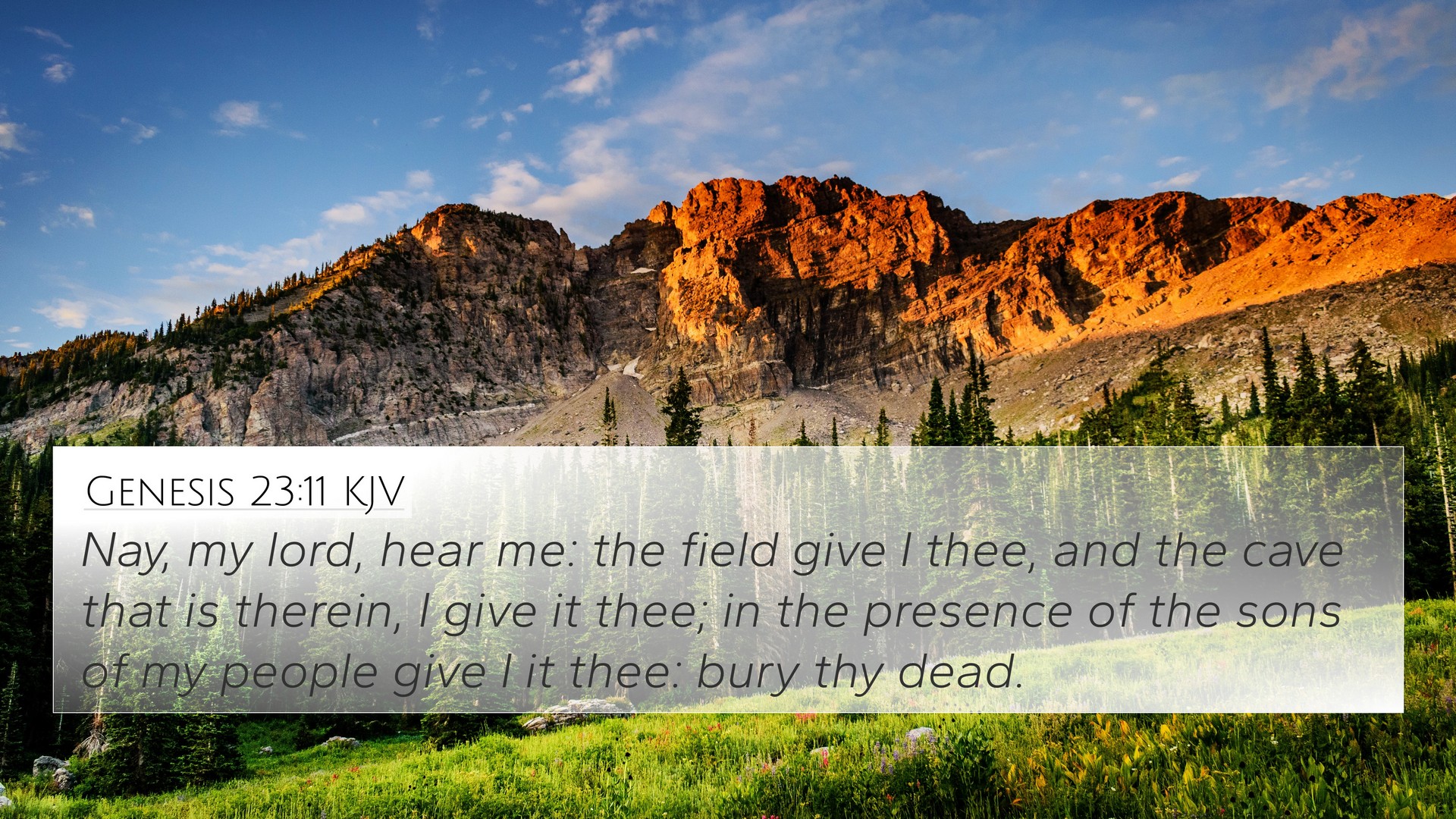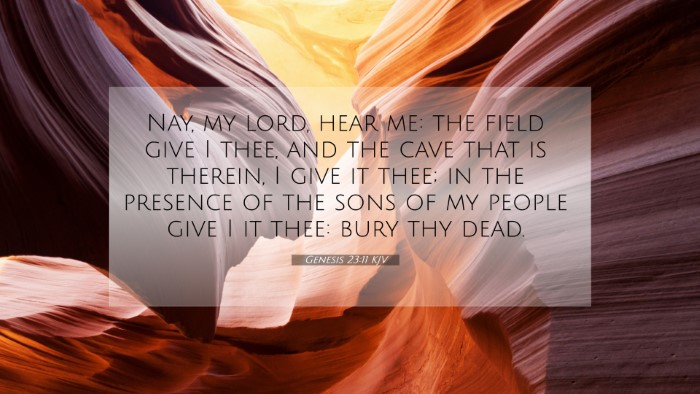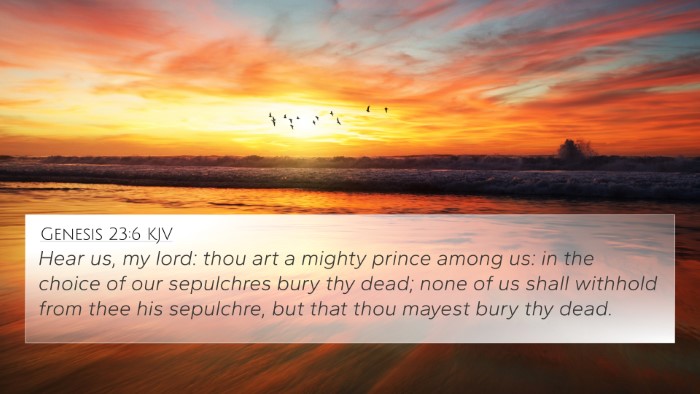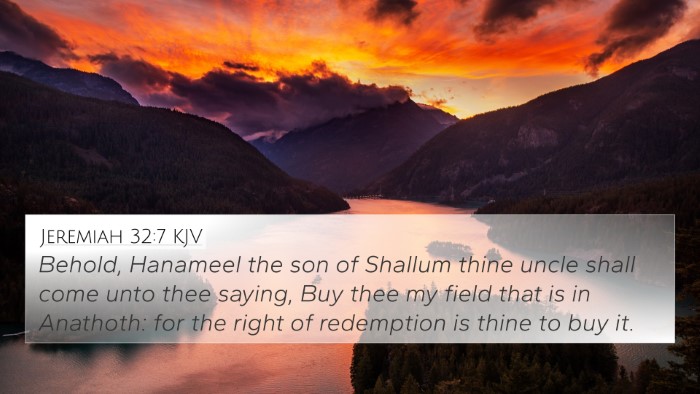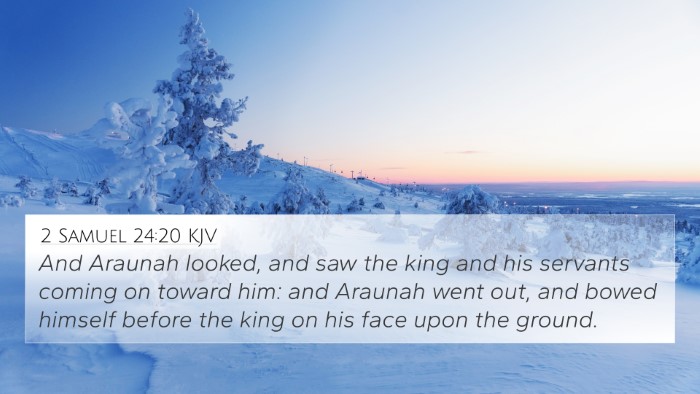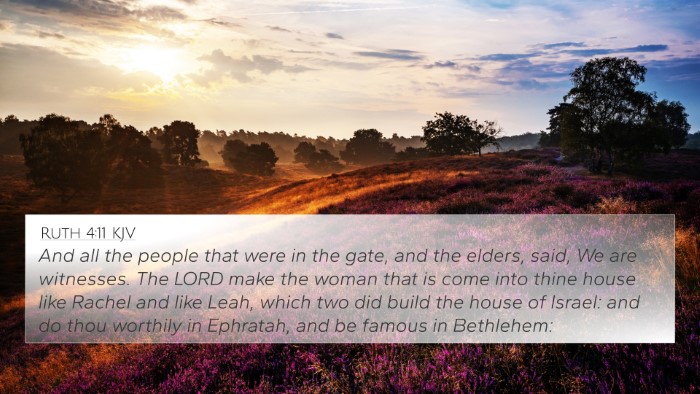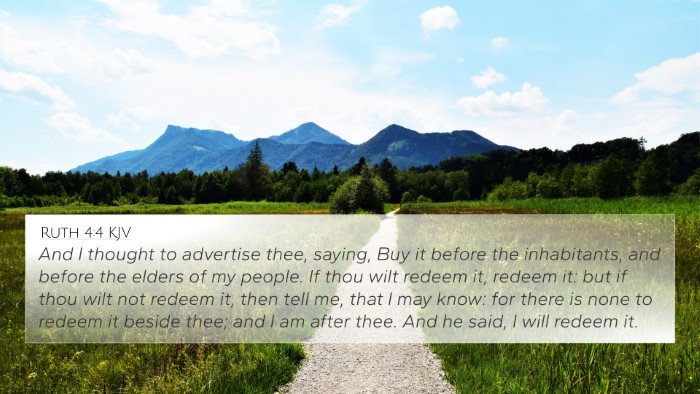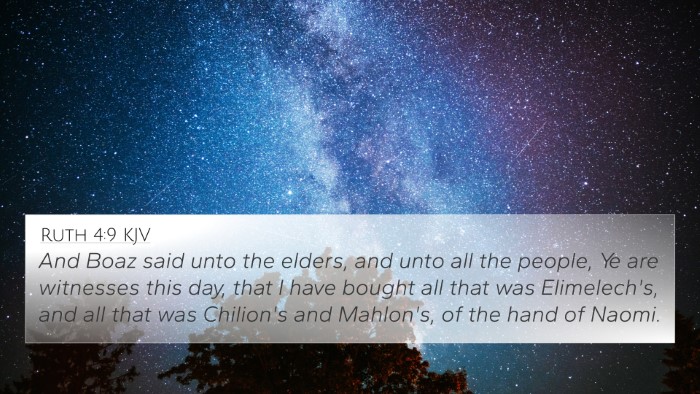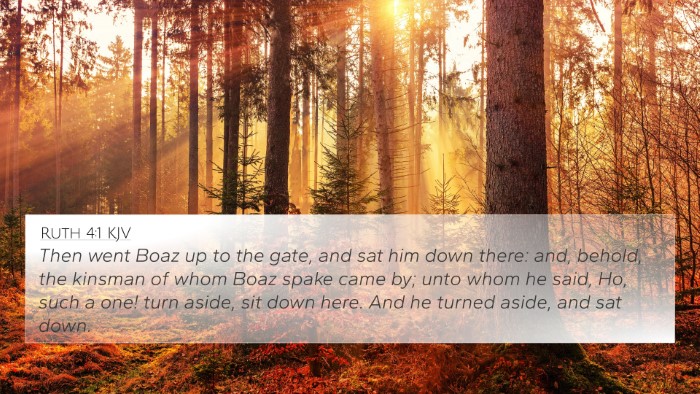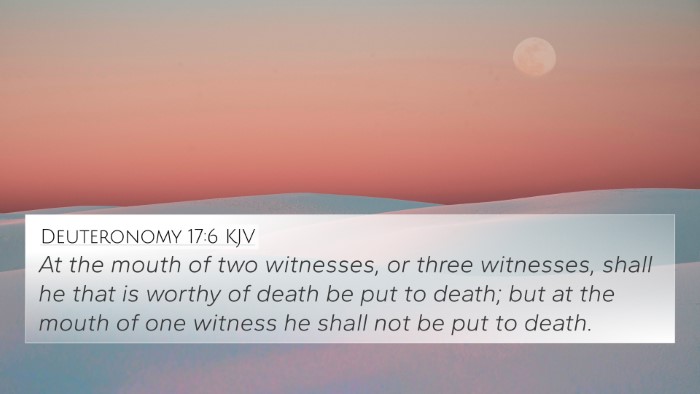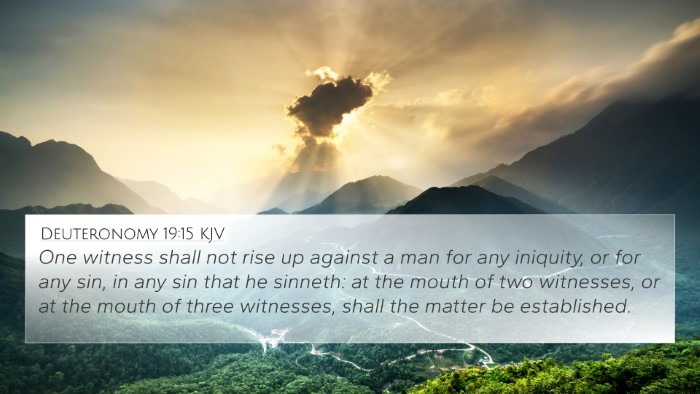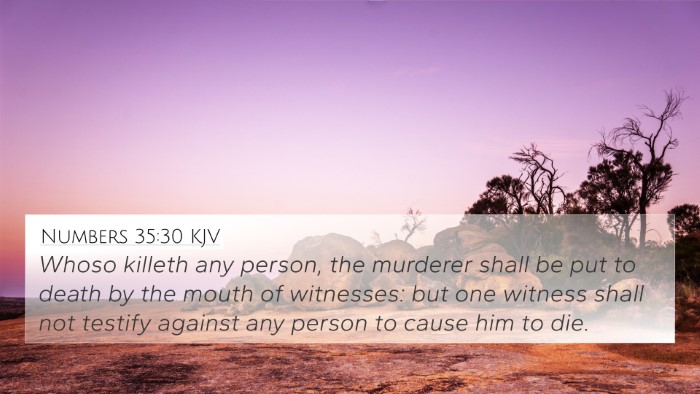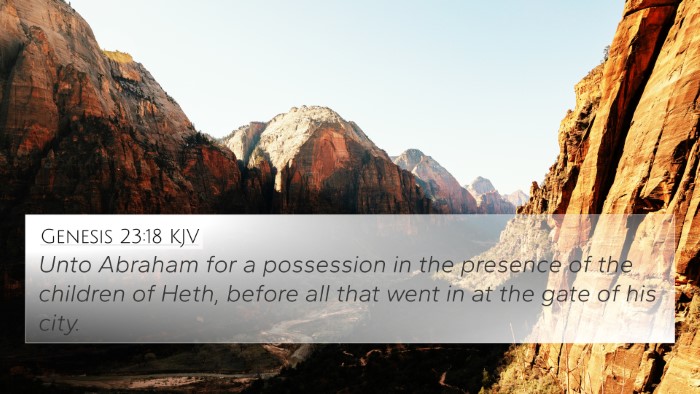Meaning and Interpretation of Genesis 23:11
Genesis 23:11 states: "Nay, my lord, hear me: the field give I thee, and the cave that is therein, I give it thee; in the presence of the sons of my people give I it thee: bury thy dead." This verse recounts an important transaction between Abraham and Ephron the Hittite concerning the purchase of a burial site for Sarah, Abraham's wife. This act holds profound significance, not only in the context of Abraham's life but also in the broader narrative of the Israelite's journey.
Insights from Biblical Commentaries
Analyses by Matthew Henry, Albert Barnes, and Adam Clarke present a rich tapestry of meaning surrounding this verse:
- Matthew Henry: He emphasizes the importance of this transaction as an expression of Abraham's faith. It signifies a tangible claim to the land, which is essential for the fulfillment of God’s promise to Abraham. By purchasing the field, Abraham demonstrates he is not merely a sojourner but intends to establish a lasting presence in the Promised Land.
- Albert Barnes: Barnes highlights the cultural practices of the time regarding land purchases and burials. He notes that Abraham insists on paying for the land, marking it as an honorable, rightful acquisition. The act of purchasing rather than accepting a gift reinforces Abraham’s commitment to the land and reflects the seriousness of burial rites in the ancient Near Eastern culture.
- Adam Clarke: Clarke adds a theological perspective, interpreting the purchase as a foreshadowing of the future inheritance of the land by Abraham’s descendants. He suggests that even in death, that space is significant, as it connects to God’s promise regarding the land specifically designated for Israel.
Cross-References and Related Verses
Genesis 23:11 intersects with various other verses, enriching its understanding through thematic connections. Below are some relevant cross-references:
- Genesis 17:8: God's promise of land to Abraham and his descendants.
- Genesis 24:3: Abraham's commitment to his descendants regarding their lineage and land.
- Exodus 6:4: The covenantal promise reiterated regarding the land of Canaan.
- Deuteronomy 32:49-50: The assurance of the land given to Israel, underscoring its divine significance.
- Matthew 8:11: The connection to the promises of Abraham as Jesus speaks of the Kingdom of Heaven.
- Hebrews 11:9-10: The faith of Abraham in looking forward to the city with foundations, a reference to God's promise.
- Acts 7:5: Stephen recounts Abraham’s significance and God’s promise pertaining to the land.
Thematic Connections
The themes illustrated in Genesis 23:11 connect to broader biblical concepts such as:
- The Faithful Inheritance: Abraham's purchase symbolizes the beginning of Israel's inheritance of the land.
- Covenantal Relationships: The act reinforces the covenant established by God regarding land and lineage.
- Honorable Transactions: This exemplifies the integrity and respect within cultural practices even in painful contexts like burial.
Scriptural Cross-Referencing Within the Bible
Engaging with Genesis 23:11 provides an excellent opportunity for cross-referencing biblical texts to enhance understanding. Through a bible concordance or bible cross-reference guide, readers can explore similar themes, concepts, and narratives that link various passages together.
Utilizing Cross-References for Deeper Study
To fully grasp the significance of Genesis 23:11, one may consider:
- Exploring bible verses that relate to each other in the context of land promises.
- Analyzing comparative Bible verse analysis methods to identify relationships between Old and New Testament themes.
- Studying the notion of thematic Bible verse connections that resonate through the Scriptures regarding inheritance and faith.
Conclusion
Genesis 23:11 serves not only as a historical account but as a profound narrative that encapsulates themes of faith, covenant, and the importance of land within God’s promise to Abraham. By examining this verse through various commentaries and considering its connections with other scriptures, readers can appreciate the depth of meaning inherent in the biblical text. The interactive nature of cross-referencing biblical texts invites a richer comprehension, connecting believers with the overarching story of Scripture.
